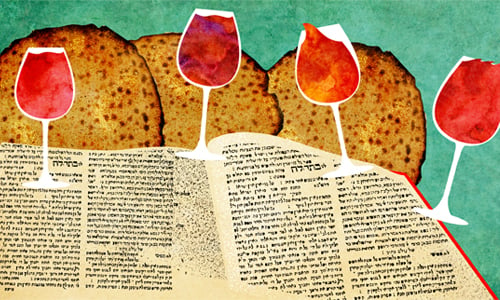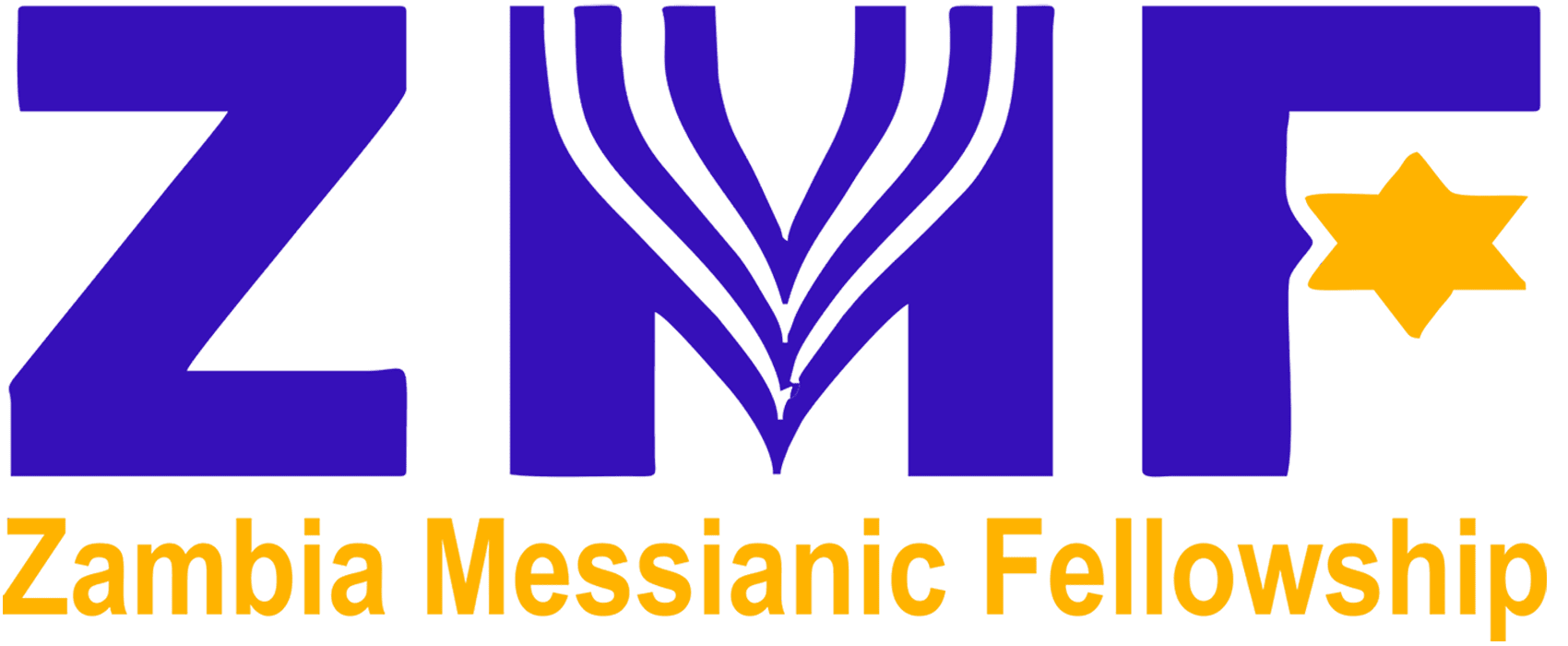
- This event has passed.
Pesach (Passover) – The Festival of Freedom
April 12 @ 08:00 - April 20 @ 17:00

Pesach, also known as Passover, is one of the most significant and widely celebrated Jewish holidays. It commemorates the Exodus from Egypt, when the Israelites were freed from slavery over 3,000 years ago. The holiday is observed for seven days in Israel and eight days in the diaspora, beginning on the 15th of Nisan in the Hebrew calendar (April 12-20).
The Meaning of Pesach
Pesach is a story of liberation, faith, and renewal. It reminds us of the hardships of slavery, the power of resilience, and the journey toward freedom. It is a time to reflect on both historical and modern struggles for justice.
How is Pesach Celebrated?
1. The Seder Night
The highlight of Pesach is the Seder, a special meal held on the first two nights (one night in Israel). Families gather to retell the Exodus story, following the Haggadah, a book that guides the rituals, prayers, and symbolic foods of the evening.
Key Elements of the Seder:
-
The Four Questions (Mah Nishtanah) – Traditionally asked by the youngest participant, these questions highlight what makes this night different from all other nights.
-
The Four Cups of Wine – Representing different stages of redemption.
-
The Afikoman – A hidden piece of matzah that children search for, symbolizing completion and hope.
-
The 10 Plagues – A retelling of the miracles and struggles that led to the Israelites’ freedom.
2. Matzah: The Bread of Affliction
During Pesach, Jews refrain from eating leavened bread (chametz) and instead eat matzah, a flat, unleavened bread. This commemorates how the Israelites left Egypt in haste, without time for their bread to rise.
3. Avoiding Chametz
Chametz includes any grain-based food that has risen, such as bread, pasta, beer, and cakes. Many families thoroughly clean their homes before Pesach to remove any trace of it, symbolizing both physical and spiritual renewal.
4. The Counting of the Omer
Pesach marks the beginning of the Omer, a 49-day count leading up to Shavuot, the festival celebrating the giving of the Torah.
Pesach’s Modern Relevance
Pesach is not just about remembering the past; it is about recognizing the fight for freedom in every generation. Many people use this time to reflect on oppression, justice, and personal growth.

